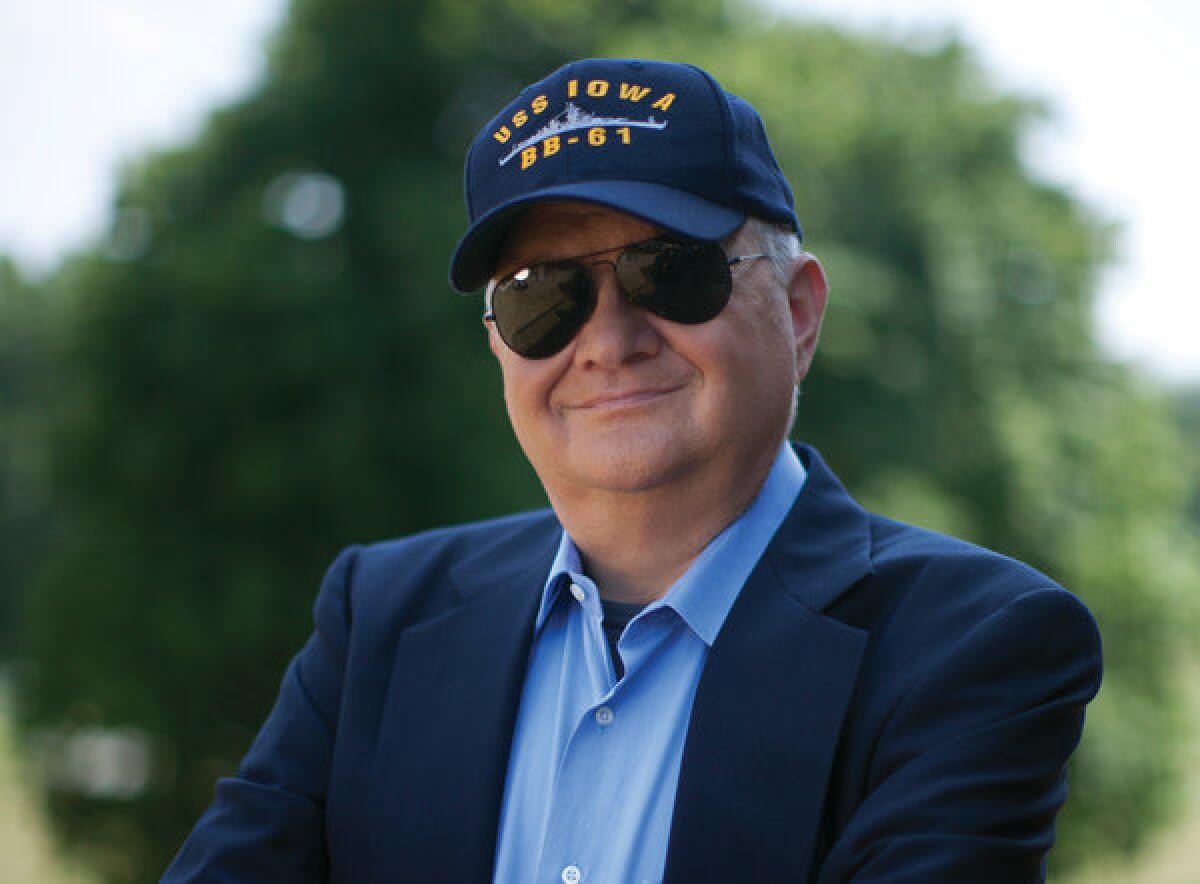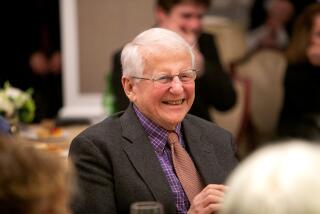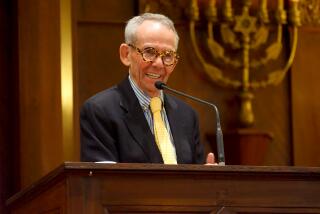Tom Clancy and the critical divide

The death of Tom Clancy on Wednesday at 66 raises the issue once again of whether or not there is a divide between readers and critics. It’s a complicated question, one that has come up recently in regard to the way books do or do not get covered. But Clancy is a different story, since he never aspired to literature.
Rather, his novels — “technobabble thriller[s],” as the Times’ Michael Hiltzik characterized them Wednesday morning — were about commerce from the get-go: bestsellers that were made into movies. I’m not saying there’s anything wrong with that, but from this critic’s perspective there’s nothing particularly interesting about it either, which is one reason I never read his books.
Clancy, it should be said, did OK in the review game. His 2010 novel “Dead or Alive” was described as “sprawling but propulsive” by The Times. Still, I find myself thinking, not for the first time, about what it means when critics and readers seem to have different perspectives, what it says about how we read.
For me, the purest pleasure of the critic is discovery, bringing a book to a reader’s attention, sharing enthusiasm (or a lack of enthusiasm) as part of a public dialogue. Most other critics, I believe, would agree with this: We review books not to give a thumb’s up or down but to engage with them, with their ideas and their sensibilities, to have a conversation of a kind.
This, of course, is a three-part process, an interplay among critic, reader and book. When it’s working, the criticism functions as a discrete piece of thinking and writing on its own terms, inspired by the experience of reading the work.
That’s why writers such as Clancy are so tough for critics; they don’t give us any real way in. Their books are not interested in dialogue but monologue. We know what’s going to happen before we begin.
Don’t get me wrong. That can be reassuring, especially in a world as chaotic as this one. It explains the success of any number of novels and films. At the same time, it’s not inherently compelling to write about, which is, I think, the heart of the issue when it comes to Clancy’s career.
ALSO:
Clancy’s Jack Ryan was a Hollywood favorite
More to Read
Sign up for our Book Club newsletter
Get the latest news, events and more from the Los Angeles Times Book Club, and help us get L.A. reading and talking.
You may occasionally receive promotional content from the Los Angeles Times.










